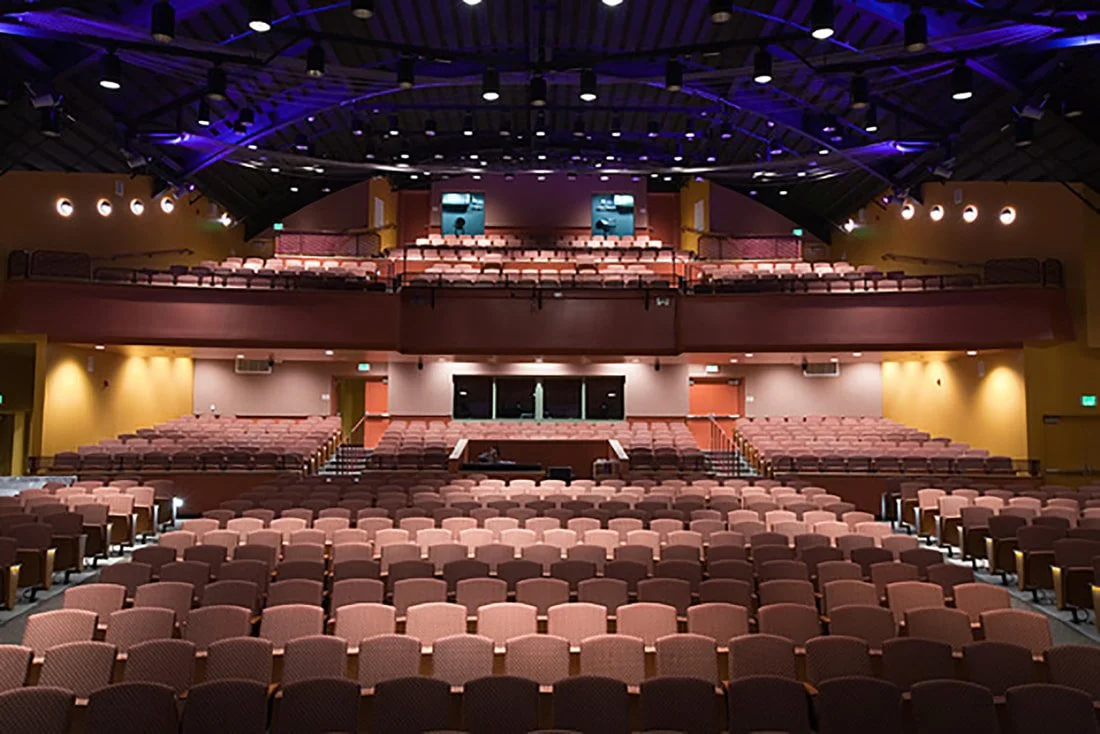To the Teacher Whose Show Got Canceled Because They Didn’t Pay for Licensing…
by Chris Peterson, OnStage Blog Founder
Well. Look who got caught.
Let’s talk about the hypothetical school that was all set to open a full-scale production of a well-known Broadway musical. Costumes were finished. The lobby display was up. The programs were probably already at the printer. And then, whoops. Turns out they never secured the rights. The show’s been canceled. Just days before opening.
Shocking, I know.
And to be clear, I don’t feel bad for the adults. The ones who knew better. The ones who chose to look the other way or didn’t bother to look at all. The ones who called it “just a high school play” like that somehow makes it okay. The ones who asked forgiveness instead of permission and figured no one would notice.
I feel bad for the students.
They’re the ones who spent weeks—or months—pouring their hearts into something that never should’ve been allowed to happen. They stayed after school, gave up weekends, memorized lyrics, ran scenes in their bedrooms, made each other laugh and cry and grow, and now they’re left with nothing. Because someone in charge decided the rules didn’t apply to them.
Let’s be clear here. Licensing is not optional. It’s not a polite suggestion. It’s the bare minimum. You do not get to put on a copyrighted show just because your cast is enthusiastic and your set looks cool. You don’t get to say “but our drama program needs this” and act like that makes it legal.
This isn’t just a paperwork issue. It’s about respecting the people who created the show. The people who built that script from scratch, wrote those songs, developed that story. It’s about understanding that art isn’t free just because it’s inspiring. That "educational purposes" doesn’t mean “we can do what we want and hope no one notices.”
And let’s not pretend this was an innocent mistake. You can’t “accidentally” do an unlicensed show. Someone made a conscious decision to ignore the process. Or worse, someone knew and thought they could get away with it. You don’t cast, rehearse, build, promote, and tech a production without at some point asking whether this is all above board. If you didn’t ask that question, you shouldn’t be directing anything. If you asked it and ignored the answer, you definitely shouldn’t be leading students.
This kind of behavior doesn’t just hurt your program. It hurts all of us. Because every time a school cuts corners, it gives people one more reason not to take student theatre seriously. It tells licensing houses that we can’t be trusted. It tells the theatre world that we’d rather steal than stretch. And that’s the opposite of what we should be teaching.
There are hundreds of shows available for schools. Funny ones. Moving ones. Challenging ones. Shows that come with actual permission to produce them. If you couldn’t afford the rights for this one—or if they weren’t available for student licensing—then it should’ve been a hard no from the start. Not a “let’s see what we can get away with.”
So now, here we are. Cast heartbroken. Community confused. Directors scrambling to spin the story. And all of it could’ve been avoided by a single email to the licensing house months ago.
To the students: I hope you know this isn’t your fault. You did everything right. You showed up. You gave it your all. And your passion deserves better leadership. You deserved a production that wasn’t built on a lie.
To the adults responsible: next time, respect the art form you claim to love. Do the paperwork. Pay the fee. Choose a show that’s actually available. Because this kind of thing? It doesn’t make you look edgy or clever. It makes you look careless.
And to every other school thinking of trying the same thing—don’t. Learn from this. Licensing is not a technicality. It’s the foundation of doing this work the right way.
Theatre is about collaboration. Theatre is about trust. Theatre is about honoring the story. And if you’re going to teach students how to stand in a spotlight, then teach them how to earn it.
There’s nothing noble about stealing someone else’s words. And there’s nothing educational about cutting corners and calling it art. So cancel the show, take the hit, and next time—do it right. Not for your ego. Not for your audience. But for the kids you claim to be teaching.
